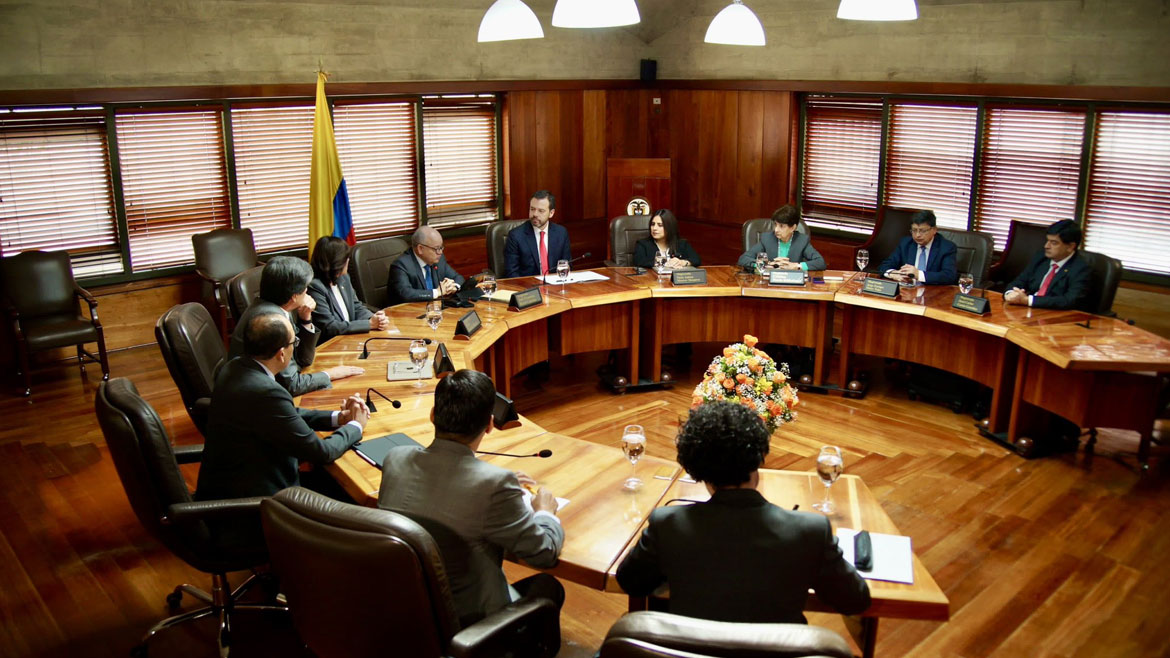Colombia’s constitutional court struck down key elements of a decree that put communities instead of private contractors in charge of infrastructure projects.
The decision is a major blow to President Gustavo Petro, who had issued the decree in November last year in an attempt to empower rural communities and ethnic minorities.
Decree 1961 allowed the government to grant road construction projects directly to these communities through the newly founded development agency INVIR instead of private enterprises through bidding processes.
The outsourcing of construction projects has historically been hampered by corruption.
Corruption may have cost Colombia more than $4.1B in botched development projects alone
The court agreed with far-right opposition party Democratic Center and the so-called “Foundation for the Rule of Law” that challenged the decree before the court.
According to the court, the president lacked the authority to modify State outsourcing regulations.
The director of the Foundation for the Rule of Law, Luis Guillermo Velez, said the court ruling “reinforces the principle of transparency in public procurement” and ensures “adequate control over the allocation of public resources.”
Petro rejected the decision that struck down the decree that sought “the empowerment of the community” and “free the country from odious cartels that monopolize public money like rent, and completely degrade the State and politics.”


